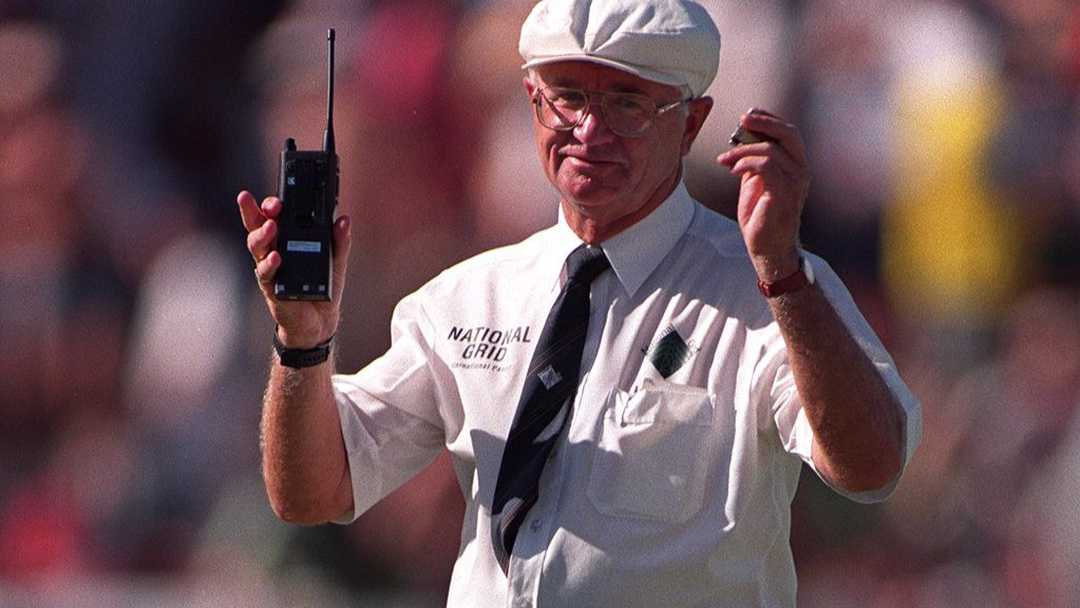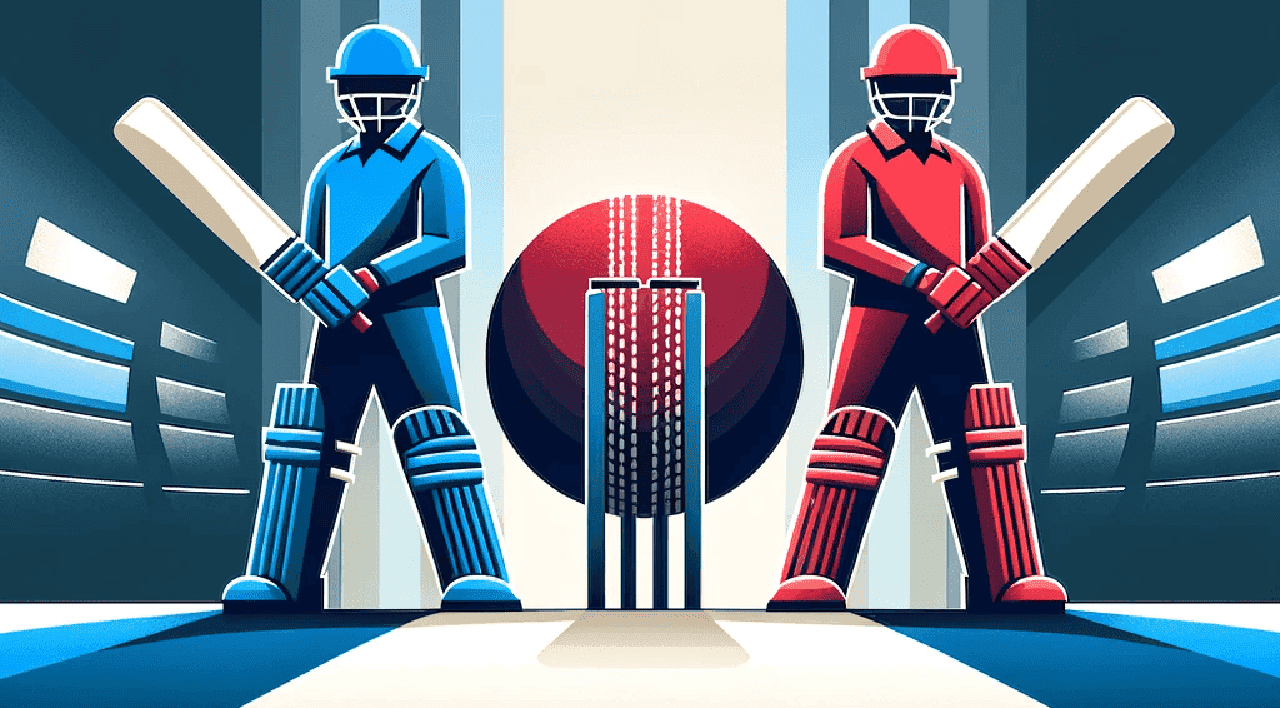
Squire Mitchley: Cricket's Unforgettable Umpire
Cyril Mitchley, better known as Squire Mitchley, was a legendary umpire who changed the face of cricket forever. In an exclusive interview with Cricbuzz, he shared his thoughts on the evolution of umpiring, the impact of technology, and his own experiences on the field.
The Birth of DRS
Mitchley was the square leg umpire when Sachin Tendulkar was given out by Jonty Rhodes in a Test match between India and South Africa in 1992. This was the first time an umpire didn't make a decision on the field, and instead, referred it to the third umpire. Mitchley recalled, "It was very close. I wasn't sure. I would have probably given him not out."
Umpiring in the Modern Era
Mitchley believes that technology has taken away from the drama and spectacle of cricket. "We're saying umpires are the only people who are not allowed to make mistakes. Only players can make mistakes. Cricket is a slow game and they're slowing it up even more with DRS." He also thinks that umpires are losing their personality and character, citing Billy Bowden as an example.
A Life in Cricket
Mitchley spent 68 years in the game, playing eight first-class and two list A matches, and umpiring 26 Tests and 61 ODIs. He was known for his no-nonsense approach and his ability to make tough decisions. He also had a reputation for being deaf in one ear, which he acquired after being punched in a pub.
Controversial Opinions
Mitchley has never been afraid to speak his mind, even if it means going against the grain. He thinks that Virat Kohli is a "damn good cricketer" and that Steve Waugh was a "bloody a**hole". He also believes that umpiring has changed for the better, but that technology has taken away from the drama of the game.
A Legacy
Mitchley's legacy in cricket is undeniable. He was a fine umpire, a great player, and a true character. His experiences on the field are a testament to his dedication and passion for the game. As he celebrates his 88th birthday, cricket fans around the world can only hope that his legacy will continue to inspire future generations of players and umpires.
References

